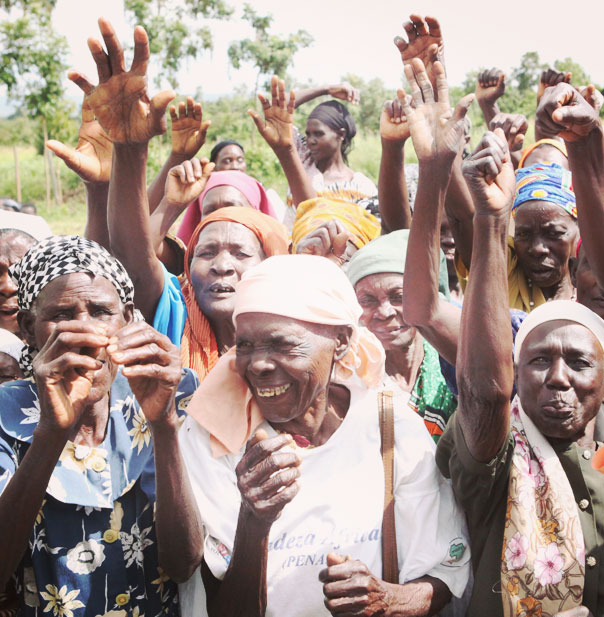The problem is not only sexual violation, the trauma of poverty, unemployment, traumatized families and communities, insecurity. When you deal with one issue it doesn’t mean you are stabilizing them because they have other traumatic issues, which trigger their traumatic experience – Juvenal Balegamire, Clinical psychologist, Panzi Hospital, Democratic Republic of Congo
Both violence against women and HIV/AIDS can impact on the emotional wellbeing and mental health of people affected by them, including women and girls who are survivors of violence and/or living with HIV, and the people that care and advocate for them in a social or professional capacity.
The practitioner-activists involved in AIR have found that mainstream mental health frameworks can be insufficient in dealing with their clients’ realities: placing mental health in a medicalised frame, and applying theoretical frameworks and practical methods developed in very different contexts from those of their clients’.
In the (re)conceptualizing trauma programme, AIR creates space for new dialogues and knowledge exchange around trauma and distress.
Through this programme we will contribute transformative feminist frameworks for working on trauma, led by the technical expertise of African practitioner-activists.
RECONCEPTUALIZING TRAUMA blog posts:
- The AIR Interview: Dr. Taiwo Afuape
- Politicizing self-care: Jessica Horn on AWID’s Friday File
- (Re)conceptualizing Trauma convening report is out!
- (Re)conceptualizing Trauma :: A quietly historic gathering in Kigali
- Inaugural issue of AIR Thoughts: Breaking the Walls of Trauma Counselling
- In the AIR Toolbox: The Polyclinic of Hope and integrated responses to women and girls survivors of the Rwandan genocide

